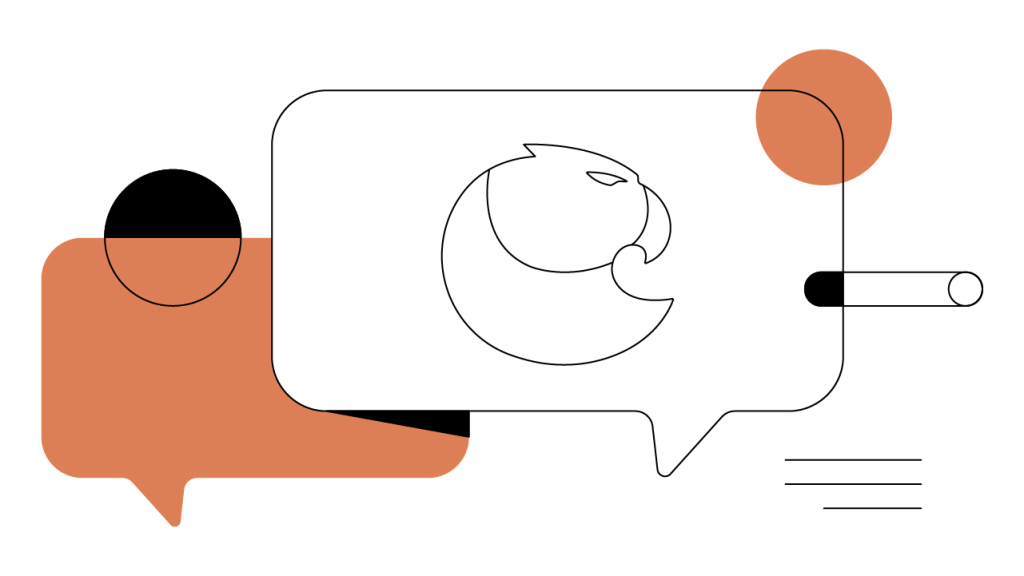Contents
Aragon (ANT): DAOs for Communities and Businesses
Aragon is software that allows you to create decentralized autonomous organizations (DAOs) on Ethereum.

Summary
With its suite of applications and services, Aragon makes the creation of DAOs easy and accessible for organizations ranging from clubs to corporations. Aragon’s native tokens ANT and ANJ are used to participate in the governance of the Aragon Network DAO and its Aragon Court dispute resolution system.
Aragon is software that allows you to create (DAOs) on the and its Rinkeby test network. Aragon software can be used to create clubs, companies, non-profits, and other organizations that collaboratively manage finances and decision-making through its decentralized apparatus. Aragon also scales for use by private companies and public sector organizations with a number of more advanced implementations. According to Aragon, more than 1,700 organizations are built on Aragon, and it is used by projects including , , and PoolTogether — with a total project market cap of over $3 billion USD.
The totality of the Aragon offering includes the Aragon client, a tool for creating and participating in DAOs; the Aragon Network, a wider DAO that is made up of a network of DAOs; the Aragon Association, a non-profit organization that distributes the proceeds of the Aragon token sale; and Aragon Court, a dispute resolution system. Aragon features two native tokens. The Aragon Network Token (ANT) is used to participate in , and it can also be used as a bond to create the less ubiquitous ANJ token, which is used as part of the unique Aragon Court dispute resolution mechanism.
Aragon’s Blockchain Technology
Each Aragon organization is managed by a system called aragonOS, which defines the stakeholders of the organization and their rights. Organizations can also install apps that allow them to integrate functions such as fundraising, voting, and payments. Anyone can develop an app, use it within their organization, and make it available for the Aragon crypto ecosystem. Additionally, Aragon supports human-readable agreements and contracts in addition to agreements that can be coded into smart contracts.
Aragon organizations are independent to one another and the wider Aragon Network DAO — an Aragon organization that provides infrastructure and services to Aragon users. Organizations are not required to utilize ANT in their communities.
ANT Tokens and Governance
Holding ANT enables you to participate in the governance of the Aragon Network DAO and Aragon Court — the organization tasked with management of the wider platform and its specifications. More specifically, Aragon Network Token holders can amend the Aragon Network Agreement, an agreement that contains the human-readable rules of the Aragon Network and is used to guide rulings in Aragon Court, alter the Aragon Network DAO and Aragon Court and their parameters, and govern a common funding pool.
Aragon Court
Organizations built on Aragon can use the Aragon Court feature to arbitrate disputes that they are unable to resolve themselves. When an organization escalates a dispute to the court system it must first deposit and pay fees. Then, jurors are randomly selected to review and rule on the dispute. Anyone can join the juror pool by staking ANT tokens, at which point it is converted to ANJ. After the jurors deliver their verdict, which is determined by the majority vote, the parties involved in the dispute can choose to appeal the decision, sending it to a larger pool of jurors for review.
In order for the appeal to move forward, both parties in the dispute must deposit additional collateral. If neither side deposits more collateral, the preliminary ruling is finalized. If only one party deposits additional collateral, the decision will automatically be ruled in their favor. If both sides deposit more collateral, the appeal will proceed. The parties can appeal a fixed number of times until the dispute is presented to the entire jury pool, which will then make the final ruling. Jurors who vote will receive a portion of the aggregated fees, and jurors who fail to vote will lose their staked tokens.
Recent Development of the Aragon Platform
Already a powerful tool for managing organizations, the Aragon Platform has undergone a number of updates to improve its functionality. In addition to the rollout of the Aragon Court-specific ANJ token, Aragon’s ANT token is also migrating to ANTv2, which uses a more streamlined mechanism to execute platform governance. This makes using Aragon 66% cheaper, and supports gasless transactions. This update is a step on the path towards the release of Aragon Govern, a platform-wide update that eases the process of complicated multi-signature confirmation and allows for .
With its easy to use templates and apps, Aragon makes DAO creation accessible to everyday people and paves the way for new organizations built for the era of decentralization.

Author
Is this article helpful?
